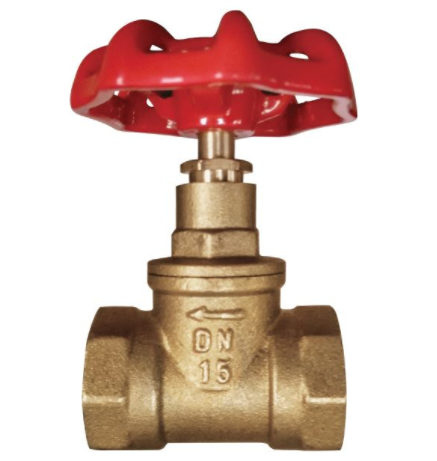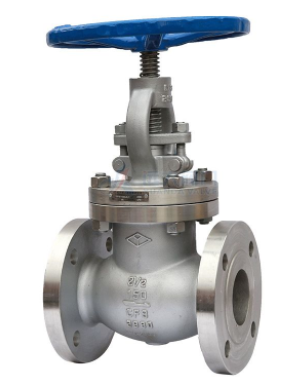When choosing the correct valves for your project, deciding between stainless steel valves or brass valves is very important. Because of the differences in the materials, one is often better suited for a project than the other. There are several types of valve materials on the market, however this article will focus on a comparison of stainless steel valves and brass valves.
Brass Valves
Brass is a copper alloy which means that it is stronger than plastic. This additional strength makes them, though not the most expensive option for valve, more expensive than PVC or plastic valves.
Brass is a mixture of copper and zinc, and occasionally other metals. Because of its nature as a soft metal, it is able to resist corrosion very well as opposed to plastic valves. Brass is also able to absorb and withstand more heat than plastic, making brass valves an optimal choice for at home plumbing systems.
One significant difference between stainless steel and brass valves is that brass valves tend to accept welding better than stainless steel valves. This offers some versatility. However, brass valves do have some drawbacks.
Often times, brass valves contain small amounts of lead. Most of the time brass valves are made up of less than 2% lead, however this causes some skepticism for many. In fact, the FDA does not approve of brass valves being used unless they are certified lead-free. Use discretion when choosing the valve material for your next project.
>>Shop for Brass Valves here
Stainless Steel Valves
While a more expensive option than brass, steel is a very durable, resilient metal. While brass is a copper alloy, stainless steel is an iron alloy mixed with chromium and nickel.
The nature of the material means that these valves are able to effectively resist leaks. Steel is also able to work in more temperatures than brass and tends to last longer. Stainless steel valves are the best options for high pressure and temperature situations. They are also a great material for corrosion resistance.
One type of stainless steel valve, stainless steel 316, is especially corrosion resistant because it has more nickel and also contains molybdenum. This combination of iron, nickel and molybdenum make the valves especially resistant to chlorides and very useful in marine environments.
>>Shop for Stainless Steel Valves here
The Difference: An Overview
This comparison of stainless steel valves and brass valves has provided us a number of significant differences to consider.
Price: Stainless steel valves are more expensive than brass valves. If both materials will meet the needs of your project and budget is a concern, consider using brass valves to save on money.
FDA Approval: The FDA does not approve of brass valves unless they are certified lead-free, making them a poor choice for use in the food industry. Stainless steel, however, is approved by the FDA for use in the industry.
Welding: Because of its chemical makeup, Brass is much better for welding than stainless steel. In order to use stainless steel for welding, you must often break down its oxide layer.
Corrosion Resistance: Brass is able to withstand corrosion better than plastic. However, stainless steel is still the best in the corrosion resistance department, especially in marine environments.
Consider these factors should when deciding on a valve material for your next project. Always make sure that you conduct in depth research about your industry, needs, and the materials that you are interested in, before choosing a valve for your product. Yuanda provides high-quality Brass Valves and Stainless Steel Valves. If you are interested in our products, please contact us now!



没有评论:
发表评论